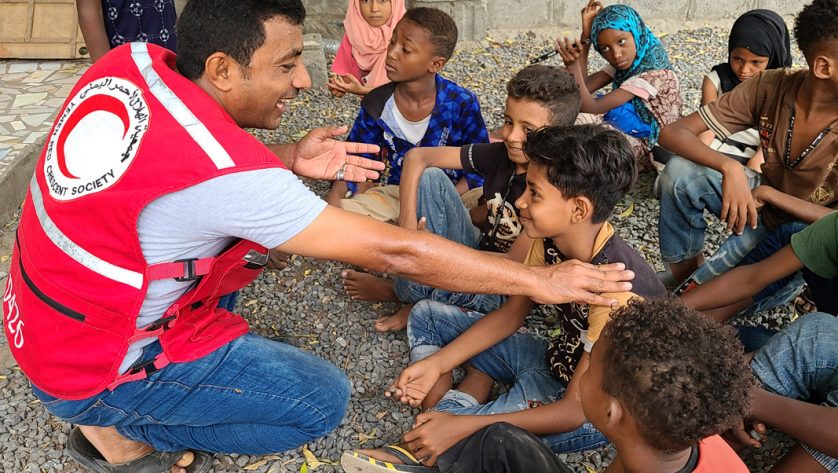The first experience: Hurricanes Eta and Iota
At the end of November 2020, more than 7.5 million people in Central America and Colombia were impacted by hurricanes Eta and Iota, ranked as two of the strongest storms to hit the region in recent decades. Particularly in Honduras, Guatemala and Nicaragua, more than 6 million people were affected by heavy rains. Many of them lost their homes, crops and livelihoods due to flooding and landslides caused by the storms.
The work of volunteers was critical in helping with evacuations and post-disaster assistance. However, it is necessary to consider that many volunteers are also part of the affected communities, so the emotional burden for them is often multiplied. Given the scale of the disaster, the “Caring for the Caregiver” programme was activated for the first time.
More than 2,000 volunteers from all over the country have participated in the programme. Volunteers received psychosocial support and learned about tools and techniques they can use to deal with the stress, anxiety and depression resulting from the extreme situations they faced.
“This topic helped me a lot, especially with ‘defusing’,” says Dunia Amador, a volunteer with the Honduran Red Cross. “For example, what should I do after a traumatic event? Well, I can try to disconnect. When I talk about disconnecting, I mean talking to my colleagues. And on the emotional side, it’s knowing that I feel good, that I’m OK, and how to take care of myself.”
Now the Caring for the Caregiver programme is activated whenever a major emergency occurs. This programme demonstrates the Red Cross commitment to the well-being of its volunteers, ensuring that they are prepared and protected while providing life-saving assistance.
 Red Cross Red Crescent magazine
Red Cross Red Crescent magazine 
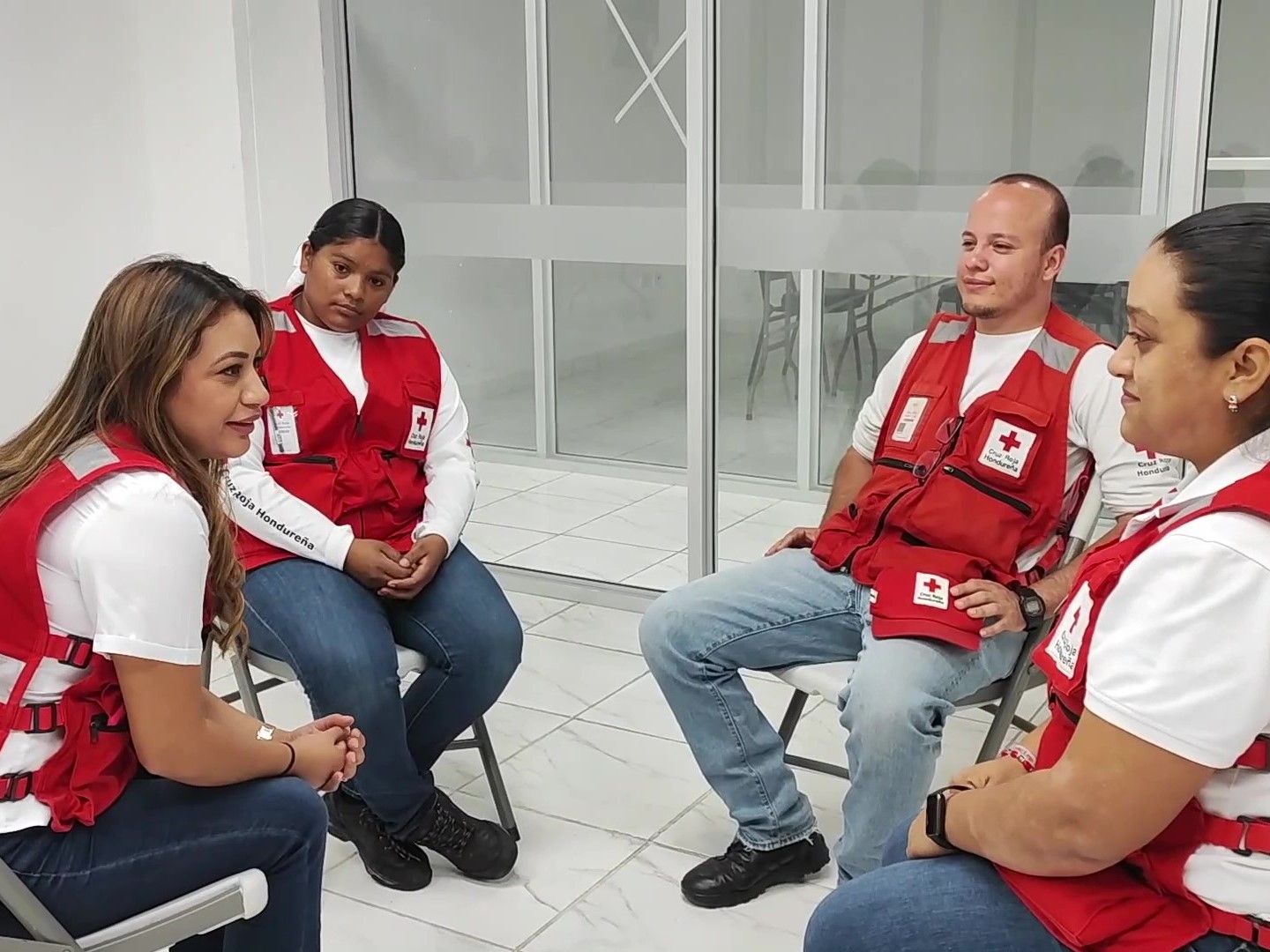
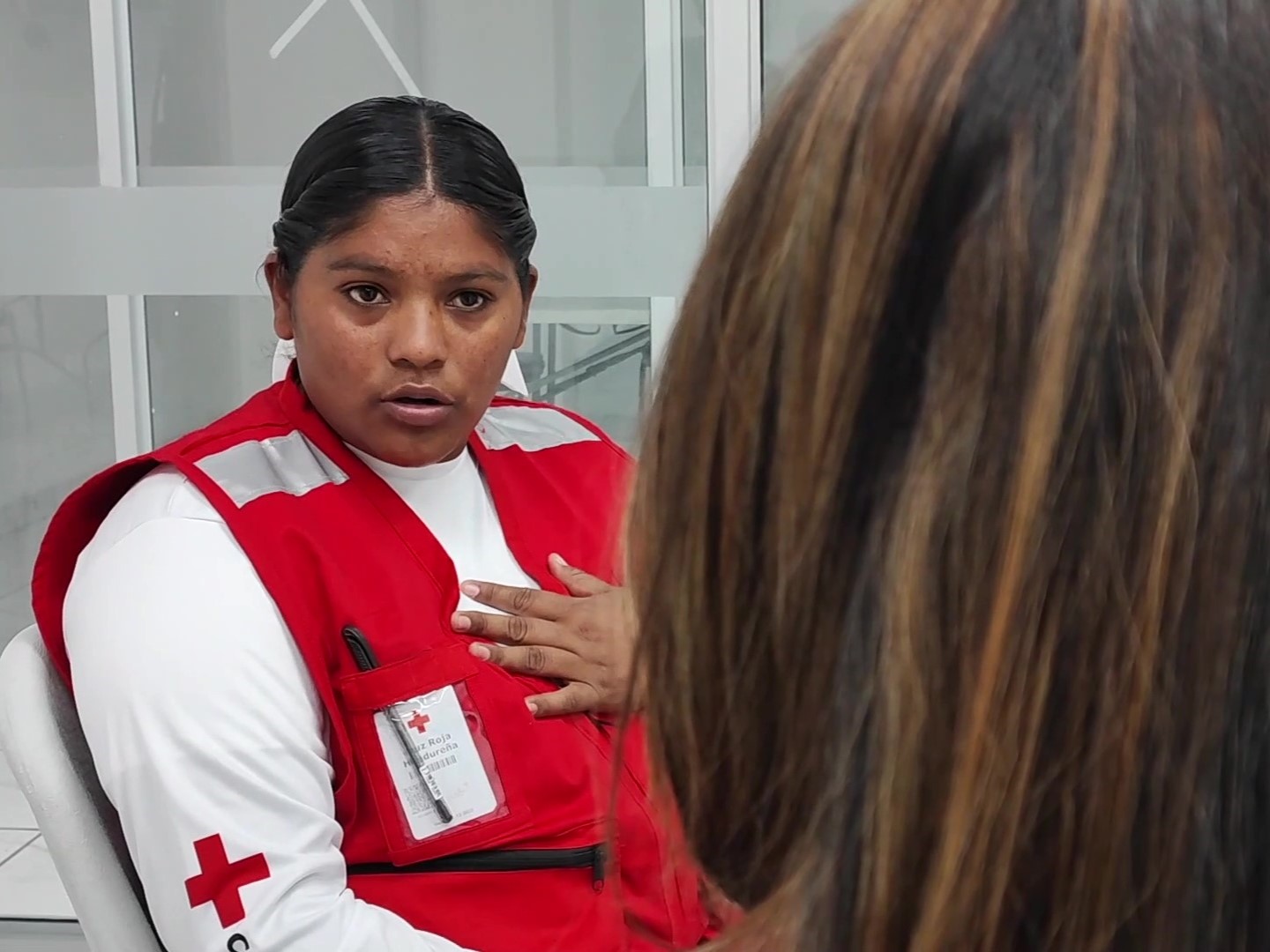
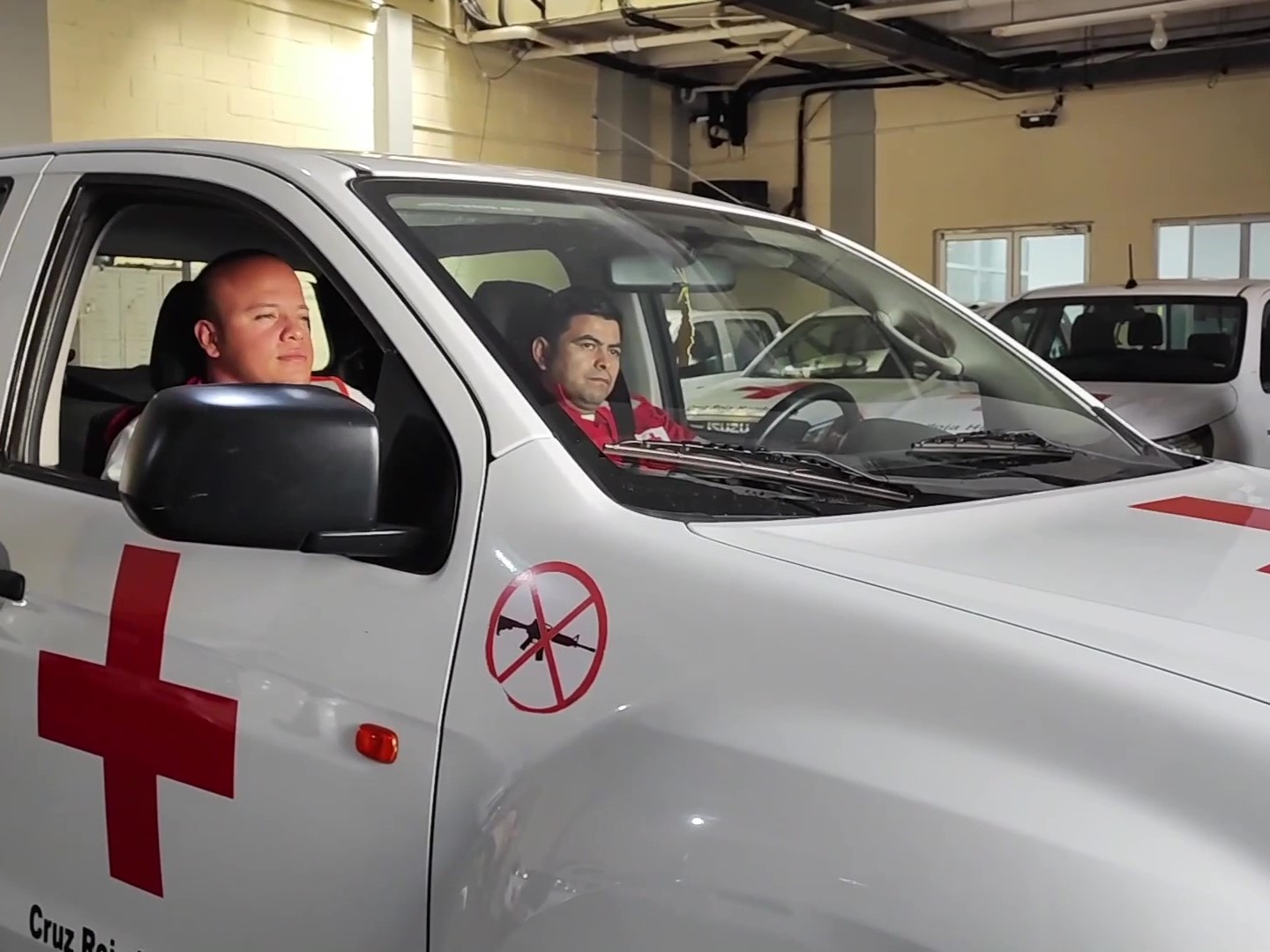
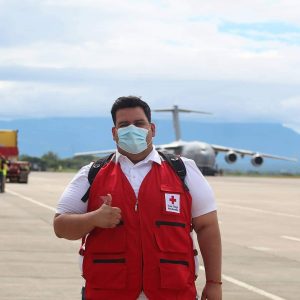






 Tech & Innovation
Tech & Innovation Climate Change
Climate Change Health
Health Migration
Migration